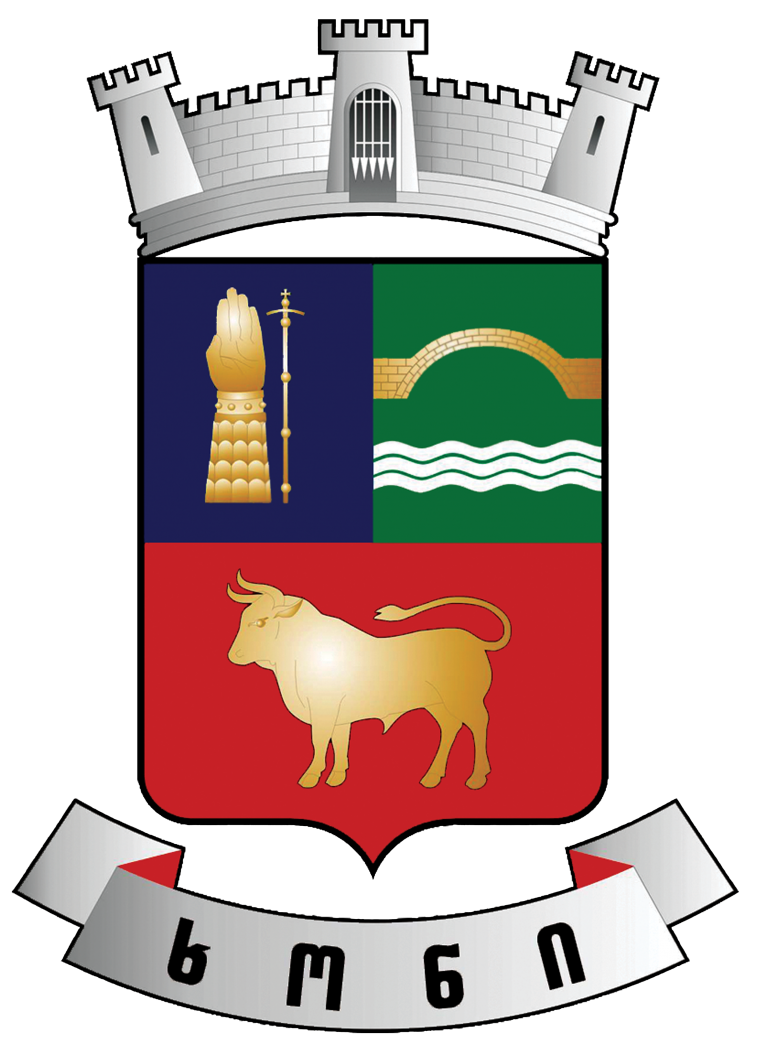Your blood pressure levels, body temperature, heart rate, and blood tests will also be carefully monitored. You will be given fluids by an IV and may be sedated with medication to ease the withdrawal symptoms. Delirium tremens, however, is a severe form of alcohol withdrawal syndrome characterized by sudden and severe changes in mental status, including confusion, disorientation, hallucinations, and agitation. DTs typically occur 48 to 72 hours after the last drink and can be life-threatening if left untreated. Alcohol shakes, also known as tremors, are a common sign of alcohol withdrawal. They typically occur when someone who regularly drinks significant quantities of alcoholic beverages stops drinking, and the effect of alcohol starts wearing off.
- Meanwhile, practicing the stress management techniques discussed above can be key to more quickly enjoying healthy sleep.
- In addition to this, alcohol interacts with the neurotransmitter glutamate.
- Alcohol withdrawal shakes can be uncomfortable and frightening, but fortunately, there are steps you can take to manage this symptom.
Recovering alcoholics who have been sober for one year can find themselves experiencing alcohol shakes at random times during the day. In addition to adopting healthy lifestyle choices, people with alcohol tremors often take propranolol to control tremors. Alcohol shakes are frequently accompanied by night sweats when an alcoholic is going cold turkey. The https://ecosoberhouse.com/ reason why heavy drinkers perspire heavily at night (and often during the day as well) involves alcohol stimulating and depressing the nervous system simultaneously. If you fall asleep while intoxicated, your brain is functioning more slowly than usual. But, your organs – heart, kidneys, liver – are rapidly working overtime to rid your body of alcohol.
Why Do Alcohol Withdrawal Symptoms Occur?
The body, in response, produces more excitatory neurotransmitters to counteract the sedative properties of alcohol and maintain neural equilibrium. However, when alcohol consumption ceases or is reduced, the body still produces an excess of these excitatory neurotransmitters, leading how to stop alcohol shakes to hyperactivity in the nervous system. This hyperactivity manifests as tremors, shakes, and other withdrawal symptoms. Long-term alcoholics will suffer from alcohol shakes because of brain damage, liver disease (cirrhosis), or a disease called Wernicke-Korsakoff syndrome.

The shakes also called tremors can begin 6-10 hours after the last drink, and tend to be the most pronounced from the last alcohol consumption. If you or someone you know starts to shake anywhere from 6 to 84 hours after drinking alcohol, call a hospital or treatment center as soon as possible. These tremors can be a sign or symptom of binge drinking, excessive alcohol use over time, alcohol-related brain damage, liver disease, and withdrawal. Even after the acute phase of alcohol withdrawal has passed and recovery has begun, some individuals may continue to experience residual shakes and tremors. These lingering effects can be a stark reminder of past struggles, but they can also be managed with the right strategies.
Benzodiazepines for Alcohol Shakes and Withdrawal
Unfortunately, insomnia is a common problem for those in recovery from excessive alcohol use. Inadequate sleep can make tremors and other withdrawal symptoms worse. Once you stop using alcohol, it may take several months to regain a normal sleep pattern.




